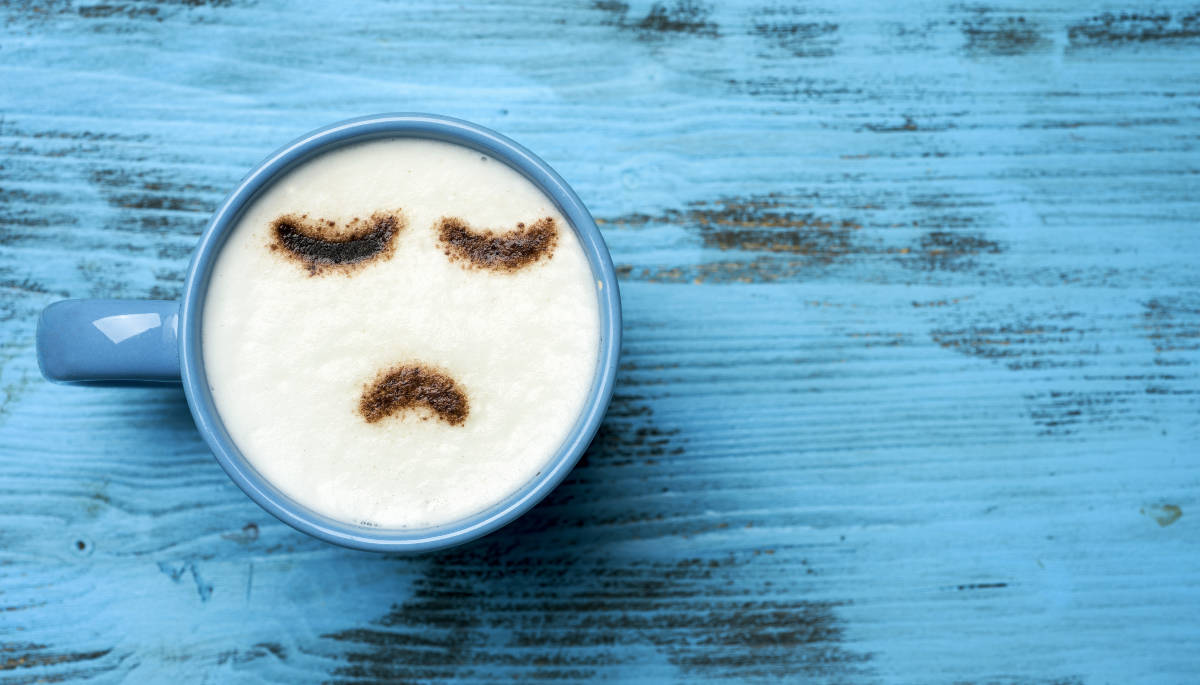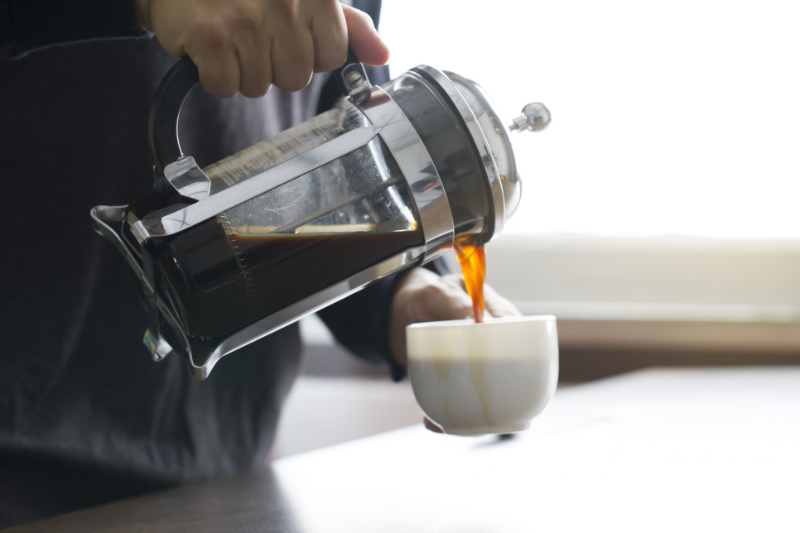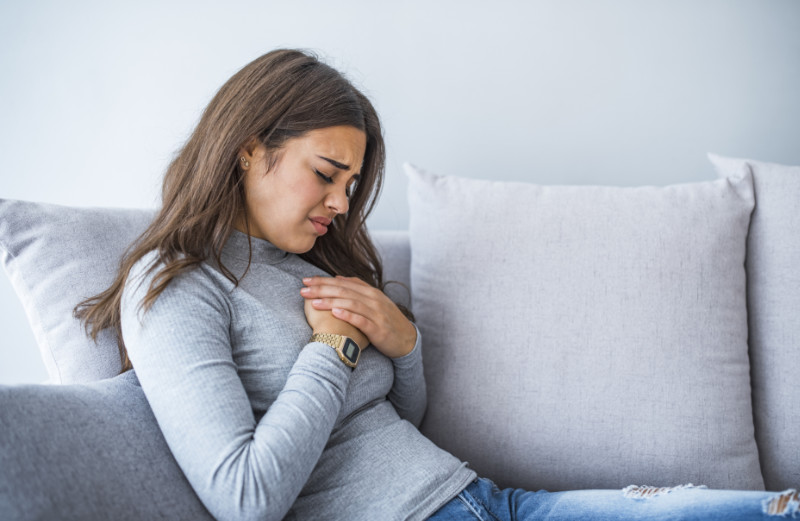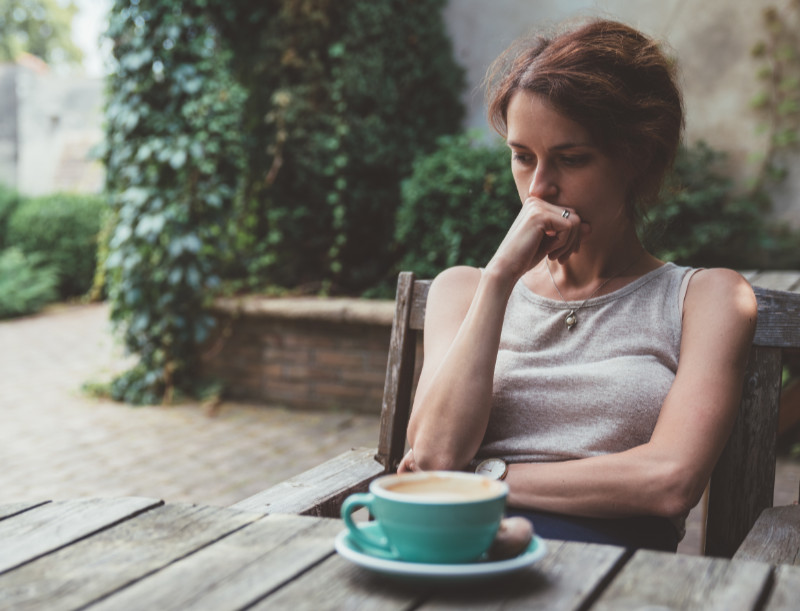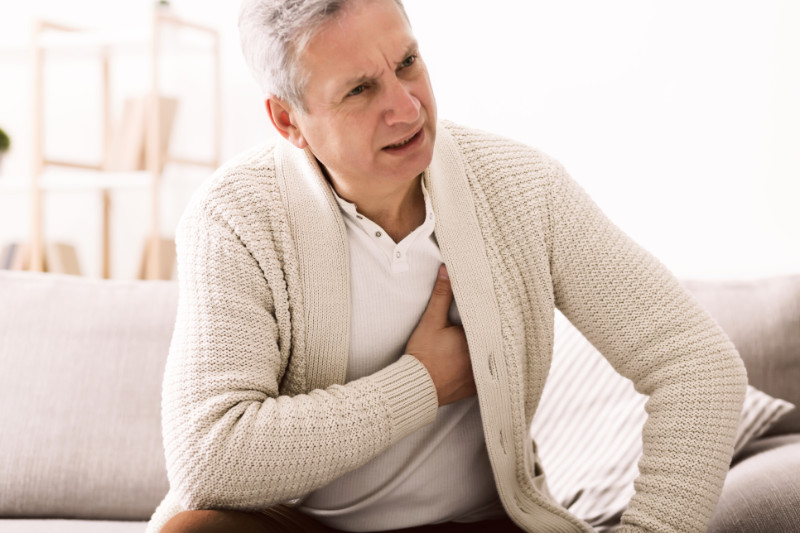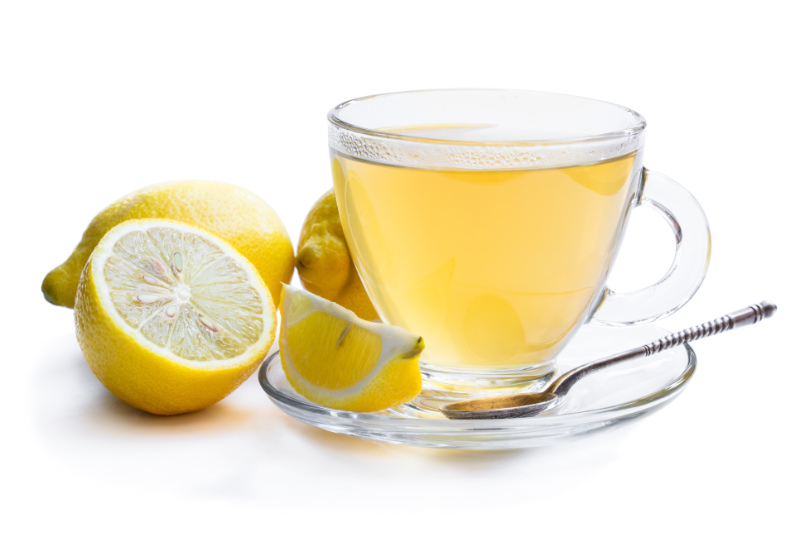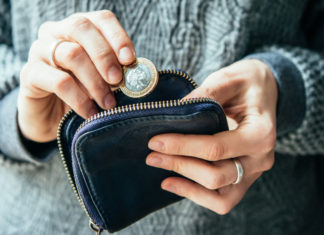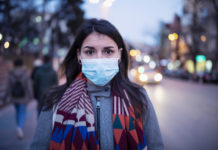For plenty of us, a strong cup of coffee in the morning is the only way we can muster the strength to roll out of bed and power through the first few hours of the day.
Swigging down a frothy latte before firing up your emails is pretty much standard practice here in the UK, as is grabbing a lunchtime pick-me-up before you brave the afternoon slump.
But if you’re a regularly coffee drinker (and these days, who isn’t?) do you actually know how much of the brown stuff is bad for your body?
Caffeine daily recommended limit
According to Anxiety UK, very few of us monitor our daily caffeine intake, and through an array of food, drink, and even pharmaceutical products, many of us are unwittingly exceeding our caffeine intake – often before we’ve even reached the office.
For instance, a Starbucks filter coffee, which is a staple of many people’s commutes, would take you over your daily recommended limit of 300mg alone, with 308mg of caffeine.
The average Brit also consumes 876 cups of tea a year, adding another 77.5mg of caffeine per day on top.
A couple of squares of dark chocolate at your desk (up to 80mg per 100g) and a couple of painkillers throughout the day (there’s 45mg per tablet in a packet of Anadin Extra) and you’re well on your way to consuming nearly double, if not triple, the amount you should be.
It’s no wonder your body experiences various symptoms from overdoing the caffeine.
How caffeine affects the body
“Caffeine is a known stimulant. In the brain, it blocks the function of an inhibitory neurotransmitter (brain hormone) called adenosine.
“By blocking adenosine, caffeine actually increases activity in the brain and the release of other neurotransmitters like norepinephrine and dopamine. This reduces tiredness and makes us feel more alert. There are numerous studies showing that caffeine can lead to a short-term boost in brain function, including improved mood, reaction time and general cognitive function.
“In a recent study, healthy volunteers who led active lives completed three experimental trials. Two trials involved cycling on an ergometer (an exercise machine) 90 minutes after drinking 3mg/kg-1 caffeine (around the same amount as a cup of coffee) or a placebo.
“A resting (no cycling or caffeine) control trial was also completed. The intake of caffeine resulted in the exercise being perceived as less difficult and more enjoyable. Furthermore, more energy was expended with a greater fat oxidation (burnt) in the trial where volunteers had caffeine in their system, compared to the placebo exercise trial.”
What happens if you drink too much caffeine?
The caffeine in coffee and tea, as well as cola, energy drinks and chocolate, can cause changes in both the body and brain, you can develop a tolerance to it, and even have withdrawal symptoms when you try to quit.
The bottom line is caffeine is a legal drug, and the British Dietetic Association says: “Caffeine is often called a ‘drug’: it acts as a stimulant and can improve feelings of alertness and counter the effects of fatigue. However, there’s also a suggestion that some of the effects of caffeine are more to ‘normalise’ the lower levels of alertness felt by regular users who have not consumed enough caffeine that day.
“Too much caffeine, particularly in people who aren’t used it, may cause the adverse effects of irritability and headache. Such symptoms also occur with caffeine withdrawal in people used to lots of caffeine.”
But how do you know if you need to give caffeine up, or at least limit your consumption to no more than what the experts say is a moderate amount – four or five cups of instant coffee a day (around 400mg of caffeine)?
Signs you are drinking too much caffeine
Here are 5 signs you may need to quit or cut back on your caffeine intake.
1. Heartburn
Heartburn, which can cause a burning pain in the upper chest, occurs when there’s reflux of acid from the stomach into the oesophagus, often caused by a relaxation of the lower oesophageal sphincter, the ring of muscle between the oesophagus and the stomach. The muscle is supposed to be closed, except when food passes into the oesophagus, but caffeine can relax the muscle and create an opening so stomach acid can come back up. In addition, coffee is very acidic, so caffeine in coffee can make heartburn even worse.
2. Tummy upsets
Caffeine stimulates the gastrointestinal tract, helping what you consume move more quickly through your system. That means that too much caffeine can upset your stomach and cause nausea and/or diarrhoea.
3. Anxiety
If you already suffer from anxiety, caffeine can make it worse and even spark panic attacks, while it can actually cause anxiety in those that don’t normally feel anxious. This happens because caffeine stimulates the body’s central nervous system and temporarily increases the metabolism, so there’s a spike in energy and nerve cell interactions which can cause anxiety and the jitters.
4. Poor sleep
Many people drink coffee or energy drinks containing caffeine in a bid to stay more awake or alert, as caffeine helps temporarily block a sleep-inducing chemical in the brain called adenosine, making you feel more alert. However, while the stimulating effect of caffeine can kick in 15 minutes after it’s consumed, it takes around six hours for just half of the caffeine to be eliminated from your body – the rest takes a lot longer.
So even consuming caffeine in the late afternoon can make it hard for you to fall asleep much later. Studies also suggest caffeine can delay your body clock timing, thus reducing your total sleep time, and it’s thought to reduce deep sleep too.
What can stop you from sleeping – 8 things to avoid for a good night’s sleep
5. Palpitations
If your heart races, it could be because you’re consuming too much caffeine – caffeine is a stimulant that has an effect on the central nervous system. Palpitations can be caused by many other things too, including alcohol and nicotine, not to mention numerous medical conditions.
But if you’re experiencing a racing heart it could be connected to caffeine stimulating the body’s central nervous system, so cutting out caffeine may help slow it down, although it’s best to get the cause of palpitations checked by a GP as well.
How to cut back on caffeine
Here are some options to consider if you’re getting an anxious feeling from caffeine consumption, but still want to consume it:
- Make sure you drink at least six to eight glasses of filtered water daily.
- Instead of caffeine in the morning, take some warm water with freshly-squeezed lemon juice.
- To prevent irritableness, make sure your bowel movements are regular.
- If you are tired/stressed, allow more time for sleep.
- Take 1,000 mg buffered vitamin C with breakfast and dinner.
- Make sure you exercise daily to help fight off fatigue. Even simple walking is good, around 30 minutes daily.
- Some people rely on substituting coffee for real food. When you are hungry, make sure to eat and do not let your blood sugar get too low. Have some protein in the afternoon such as a handful of nuts or seeds like almonds, pecans, walnuts, or pumpkin seeds, cooked beans, or a piece of steamed or baked fish.























































